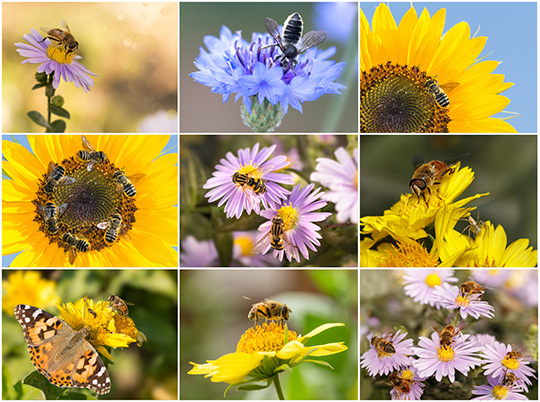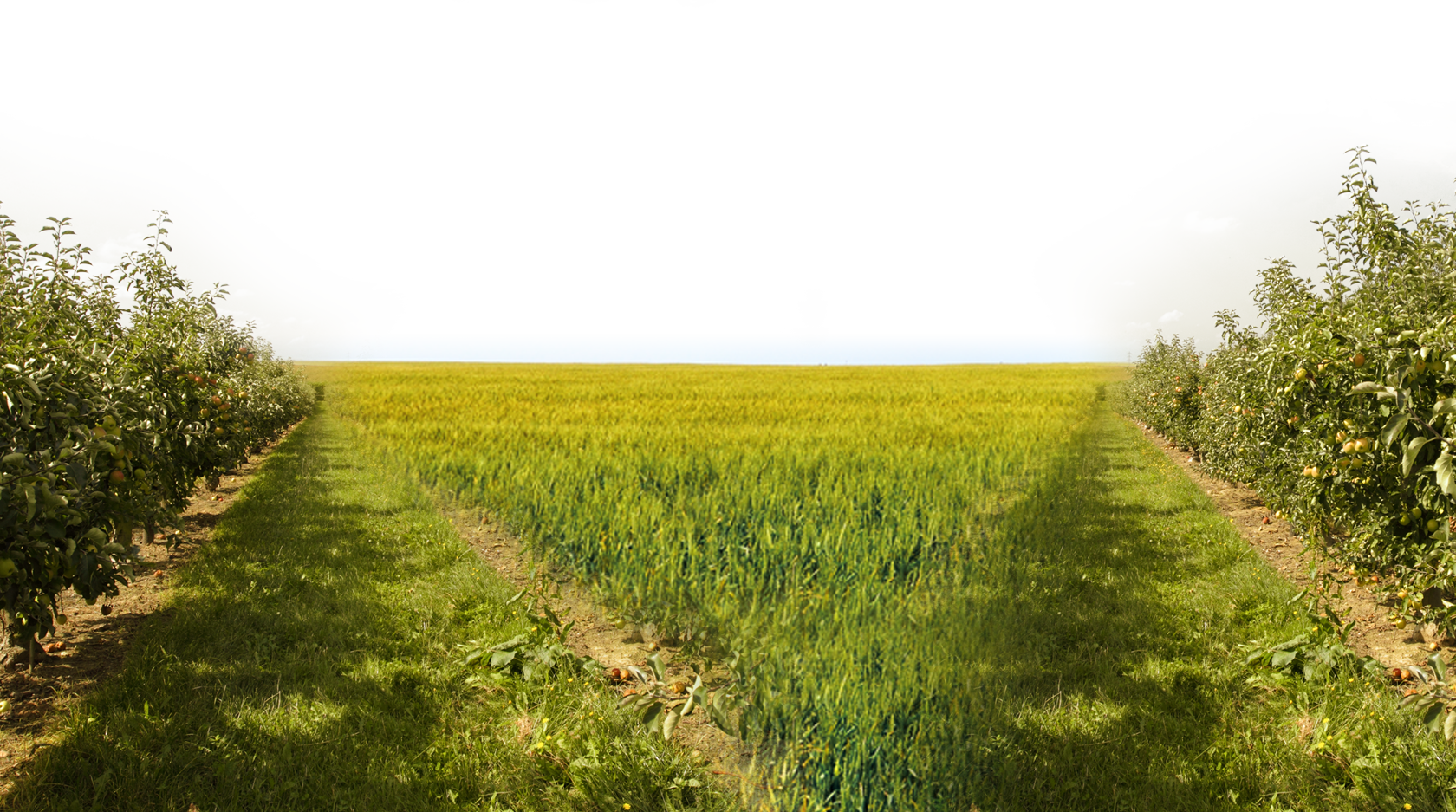
Honeybees Are Sending Us A Message
By Dave Carter | 2 Comments | Posted 04/19/2016
There’s nothing sweeter that fresh honey, right out of the honeycomb.
I still have an occasional peanut butter and honey sandwich; partly because they are tasty, and partly because my Mom used to pack them in my grade school lunch. Now, I use honey to sweeten my yogurt, and my son and I love to use it for our home-brewed honey-ale.
But the honeybees are in trouble in the United States, and more than sandwiches and homebrew ale are at stake.
Honeybees help bring many of the foods we enjoy into our homes. Fruit crops like apple, peach and apricot trees rely heavily upon honeybees to pollinate the buds. So, too, do watermelons, blueberries, and squash. Almond growers rely on more than 1 million bee colonies to pollinate their crops each year.
However, beekeepers in the U.S. have lost nearly one-fourth of their colonies, according to a recent report by the U.S. Department of Agriculture.
These types of heavy losses have been occurring for many years. Scientists have dubbed the phenomenon Colony Collapse Disorder. Experts are targeting a number of causes for the collapse in the bee populations, among them a tiny mite.
Any beekeeper will tell you that the widespread application of chemical pesticides and other chemicals is a major factor. Bees travel more than 3 miles from their hives to collect pollen, so their potential exposure to these chemicals is significant as they flit from plant to plant.
Certified organic fields and orchards allow bees to sip the nectar without exposure to harmful chemicals. That’s just one more reason that choosing organic whenever possible is the right choice. You’ll be helping to provide a healthy diet to more than your family.


 Contact us
Contact us




























2 Responses to Honeybees Are Sending Us A Message